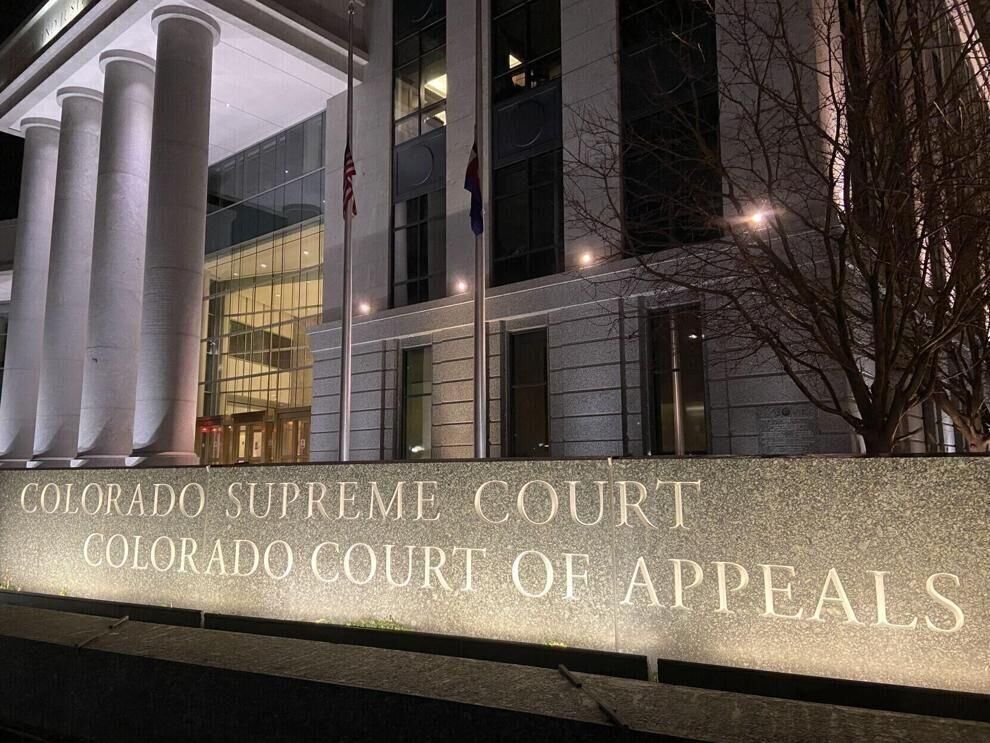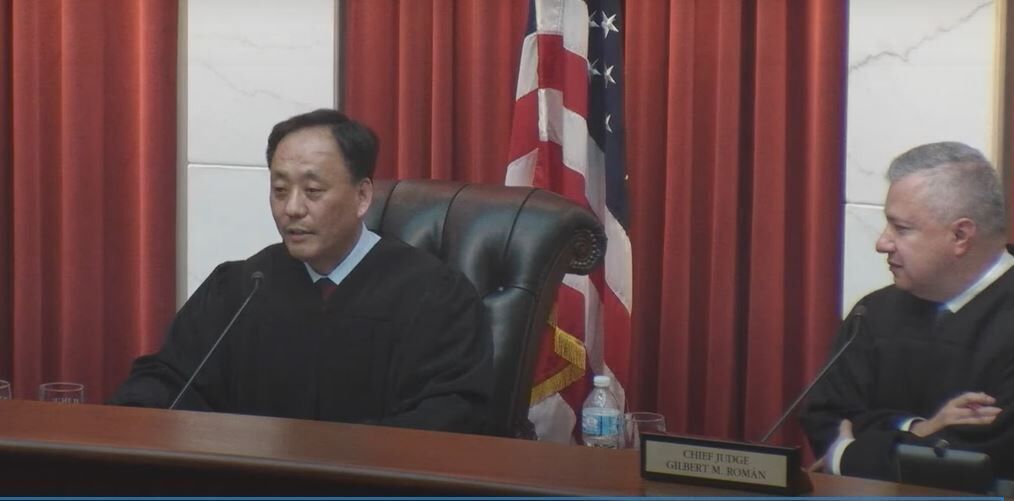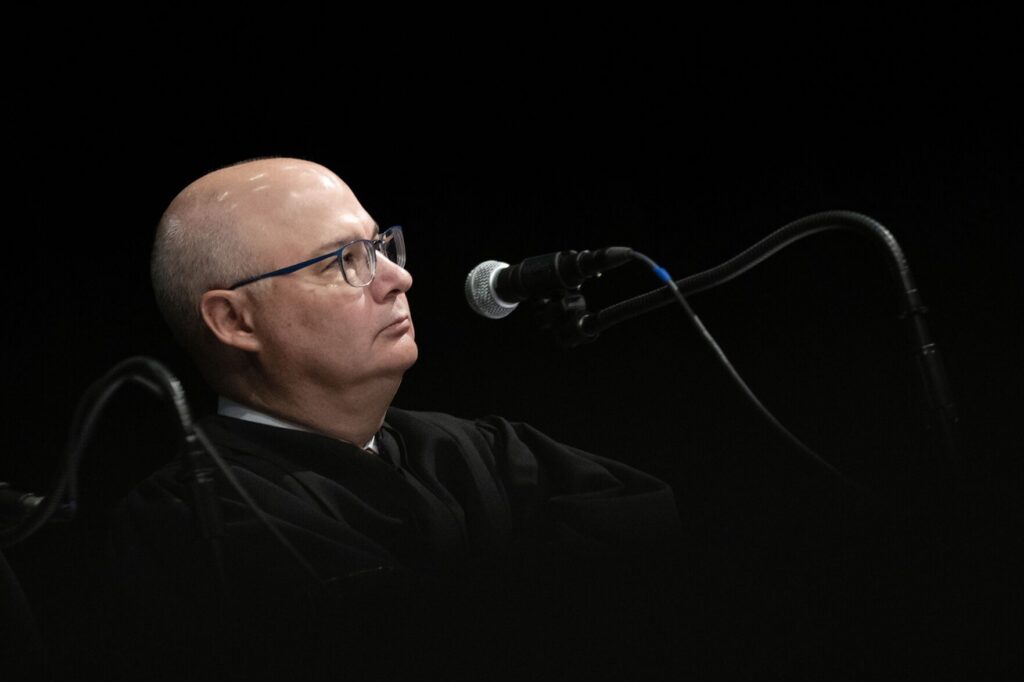Fast food workers’ wage claims can proceed as class action in 3 cases, appeals court says

Colorado’s Court of Appeals determined last week that three lawsuits against fast food chains may proceed, in part, as class actions – meaning potentially thousands of workers across dozens of stores could benefit monetarily if wage violations are proven.
In cases arising out of Denver, El Paso County and southwest Colorado, a three-judge panel of the appellate court ruled that information to date suggested McDonald’s and Wendy’s employees were not taking 10-minute compensated breaks as provided in state law – and there was a common explanation for why that was.
It is possible “that a jury could reasonably conclude that an individual earning minimum (or near-minimum) wage would voluntarily continue working instead of receiving a ten-minute compensated break,” wrote Judge Terry Fox in a Dec. 29 opinion. “But a jury could also reasonably conclude that managers were unable or unwilling to authorize such breaks.”
The same attorneys filed each of the lawsuits based on similar sets of allegations. Under Colorado wage law and associated regulations, employers must permit a 10-minute, compensated rest period to employees for every four hours worked. A failure to do so means the employer has effectively deprived its workers of 10 minutes’ pay.
Also, employers must provide a 30-minute, uncompensated meal break for shifts over five hours, except when an “uninterrupted meal period” is impractical. In that case, workers may eat on duty while receiving pay.
The lawsuits, filed as class actions, targeted the operators of two McDonald’s restaurants in southwest Colorado, five McDonald’s in the Denver area and 40 Wendy’s restaurants run by a Colorado Springs-based owner. They alleged employees were not receiving rest and meal breaks they were entitled to.
The plaintiffs in each case asked to certify the lawsuits as class actions, which would avoid costs for separate litigation and result in a uniform outcome for all workers. Preliminary proceedings showed the classes could encompass 3,000 workers across all suits at minimum. But trial judges came to different conclusions about whether to allow the move.
Under the procedural rules, class actions are appropriate when there are common legal and factual questions underlying the claims, among other factors. The analysis questions whether evidence will be predominantly the same across the class of plaintiffs, rather than varying person-to-person.
Last month, the Court of Appeals panel heard oral arguments in all three cases. The judges were sympathetic to the idea that, particularly with meal breaks, there could be varying reasons why employees would not take their 30-minute break besides managers’ resistance.
“There are circumstances – 3 o’clock – where you could take an uninterrupted break. But noon hour, people are lined up all over,” observed Judge David H. Yun. “You may be having to eat while you’re working. So, wouldn’t it depend on the individual circumstances?”
“The employee could have chosen to have taken the food in lieu of the break, and therefore, he gets both food and pay because he hasn’t clocked out,” added Fox. “Whereas with the rest breaks, of course, there’s not another form of compensation that’s being received.”
Lawyers for the restaurants indicated workplace policies adhered to Colorado law on rest and meal breaks, but employees did not always take their entitled breaks or log them in timekeeping software. The plaintiffs countered that it was unlikely a minimum wage worker would forego a 10-minute, paid break willingly – in which case, interference by management was a plausible explanation.
“What I’m starting to hear,” said Judge Ted C. Tow III, “is essentially an argument that while on paper there might be a policy that says we follow the law, in reality, their actual policy is contrary to that paper. They don’t follow the law.”
Across all three appeals, the panel decided the claims relating to meal breaks would need to proceed individually. Pursuant to the law, untaken meal breaks could be indicative of managers violating wage regulations or of employees properly taking their meals while working and receiving pay.
“To prove liability and damages on their meal break theory,” wrote Fox, “plaintiffs would have to show that, for each missed meal break, the manager did not provide that employee with the option to have an on-the-clock meal.”
However, the panel felt a class action was warranted on the claims that the fast food restaurants failed to permit 10-minute, paid rest breaks. Timesheet data, the appeals court noted, could support the plaintiffs’ case across the entire class.
Southwest Colorado
Colorado Hamburger Company operates two McDonald’s in Durango and Cortez, which utilized a computerized timekeeping system. The defendant submitted statements of employees who said they always clocked in and out for breaks. A failure to clock out for a break, the company argued, could simply mean an employee waived their right to one or neglected to clock out, leaving a manager to manually adjust the time later.
In May 2022, then-District Court Judge Todd Norvell declined to certify the case as a class action, believing individual workers’ circumstances would dictate whether a wage violation took place.
The Court of Appeals panel recognized that several legal and factual issues existed across the entire class of proposed workers, namely whether an employee could even waive an entitled rest period to begin with. But the panel also took note of evidence from employee timesheets, which suggested something other than individual preferences was at play.
According to McDonald’s data, employees missed their rest breaks 10,022 times in 2020. The proposed class action lawsuit was filed in September 2020. The following year, missed rest breaks plummeted to 640.
“This dramatic shift supports an inference that the employees were probably not waiving their rest breaks to begin with,” wrote Fox, who authored all three of the appellate opinions.
The case is Hicks v. Colorado Hamburger Company.
El Paso County
Wendy’s of Colorado Springs operates 40 stores. In a three-page order last May, District Court Judge Thomas K. Kane concluded with little elaboration that the claims against the company would require an individual analysis of “whether break policies existed, did the individual exercise breaks on duty, and evidence of the number of breaks missed.” He refused to certify the class.
Kane also denied the plaintiffs’ request to seek contact information for affected workers, finding there was “no evidence of company-wide violations based on an alleged policy not to provide breaks.”
The appellate panel found both sets of decisions problematic.
“Regardless of why the court denied certification, it is evident from its skeletal order that it did not ‘rigorously analyze’ the evidence,” Fox wrote.
The case is Cervantes et al. v. Wendy’s of Colorado Springs, Inc.
Denver
SOMIP, Inc. owns five McDonald’s around metro Denver. In contrast with the other lawsuits, District Court Judge Alex C. Myers found it appropriate to green-light the complaint as a class action, noting at least 1,808 employees would be affected from the prior three years alone.
“Plaintiff’s claims, and those of the potential class members, are based on the same conduct and compensation practices and seek identical remedies,” Myers wrote, calling the defendant’s explanation that employees simply failed to record their breaks “unpersuasive.”
The panel upheld Myers’ decision as applied to the rest breaks, but reversed him on the meal breaks.
The case is Pacheco v. SOMIP, Inc.














